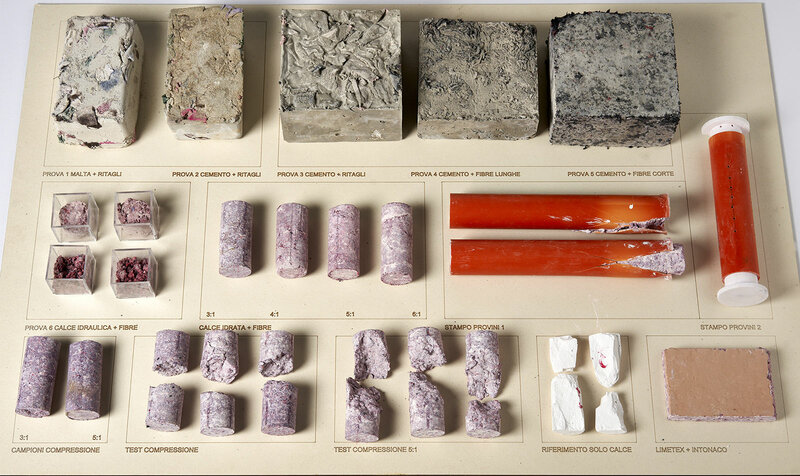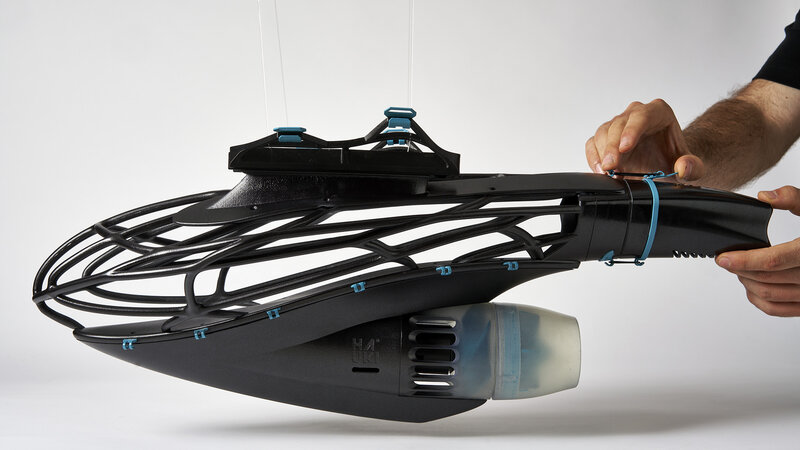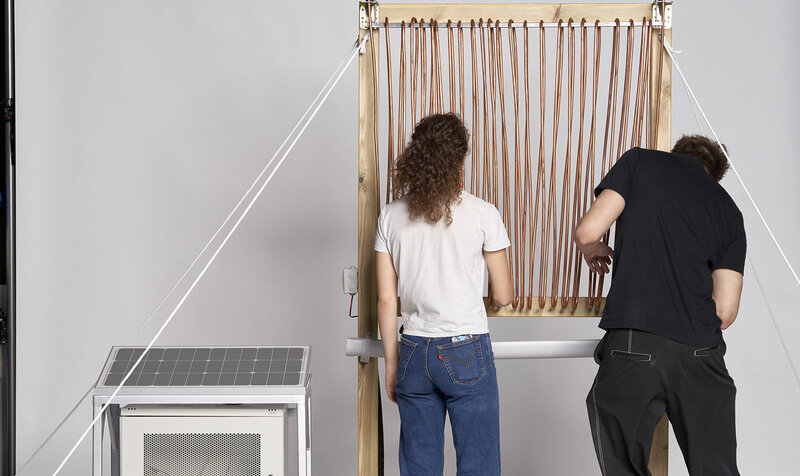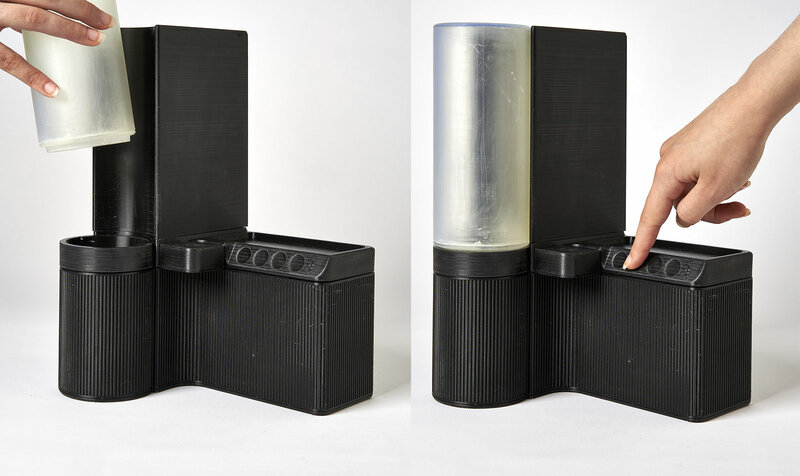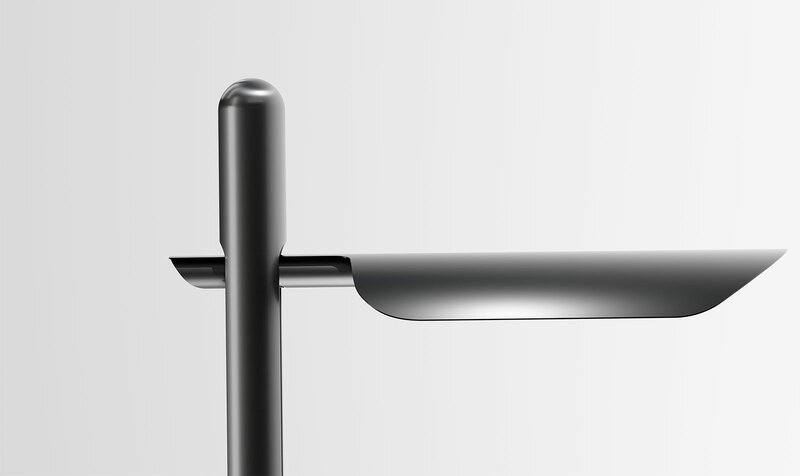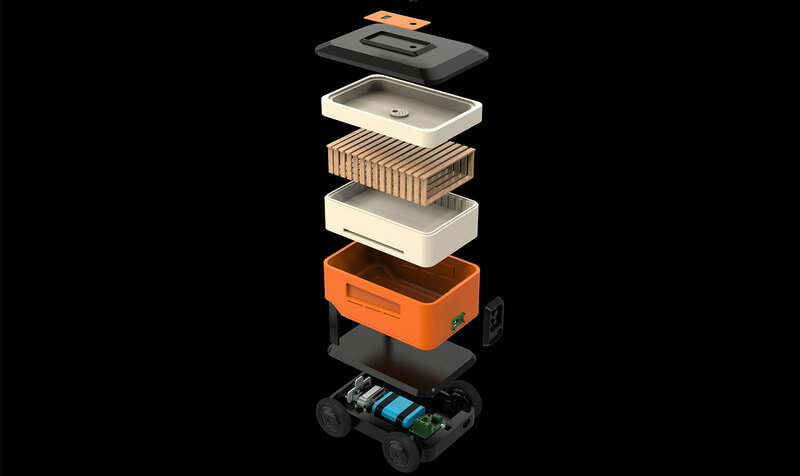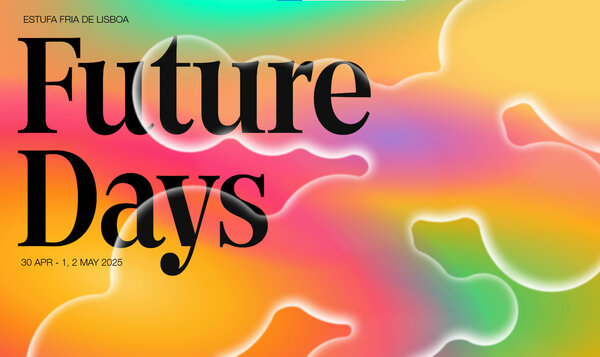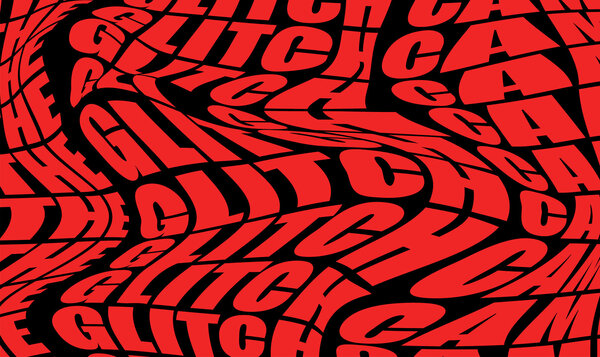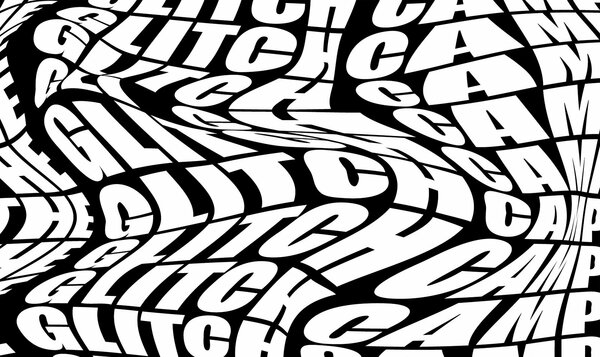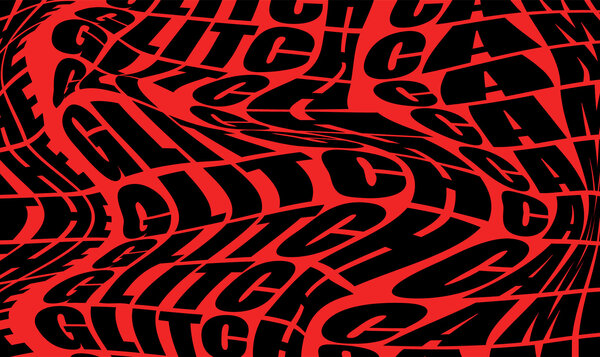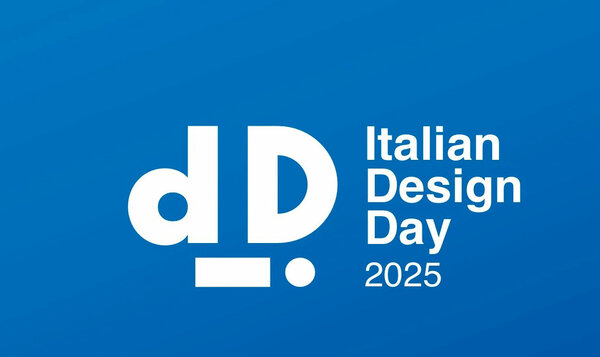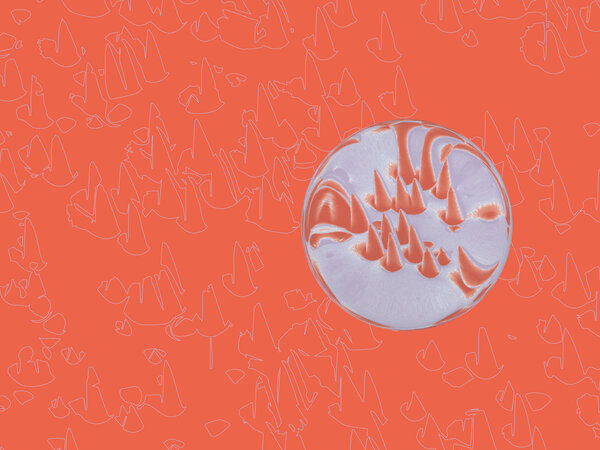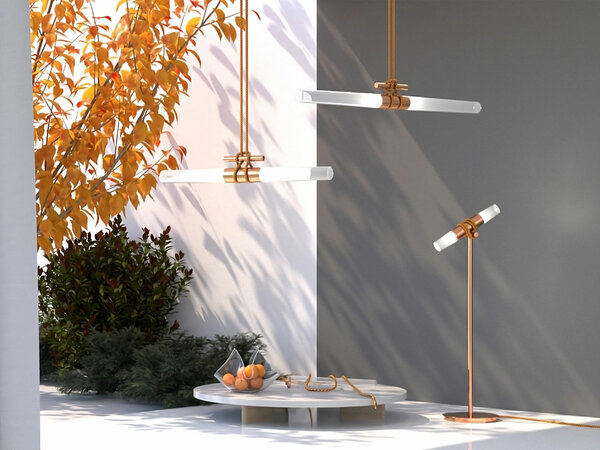From real pitches with industry experts to the actual discussion: six groups of Product Design undergraduates presented their innovative start-up ideas.
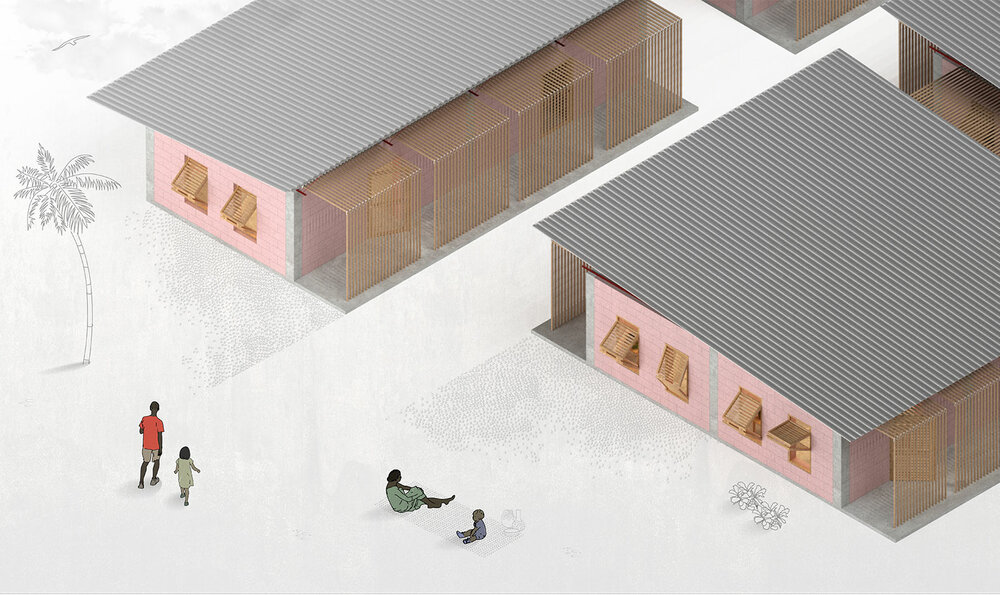
A real start-up as a thesis, chapter four
Date
23 August 2024
Some hope to give a boost to climate-challenged agriculture, others to exploit fast-fashion waste in a virtuous way, even for building purposes. Some are cleaning up microplastics in the water, managing food in a smart way or improving the city's road system.
For the fourth year running, several groups of IED Milano undergraduates from the Product Design course have developed an innovative project with the aim of making it a proper start-up. This could be a unique product or system or service, the result of an intuition that responds to the needs of people now and in the future, following careful observation of today's complex society and a rapidly changing scenario.
Lecturers Ginevra Franchi and Davide Piersanti followed their progress, with assistant supervisor Giorgio Ferrari, assistant Carlotta Romeo and thesis co-ordination from Silvia Roth.
The six innovative projects submitted, which were also assessed for economic viability with marketing and business planning, were put to the test before they were even discussed as theses, in a bona fide pitch day. They were judged by leading professionals: Carolina Grassi and Roberto Sfoglietta of Ventive Group, a consultancy and investment company for start-ups; Luca Sacchi, Head of Strategic Innovation at Piaggio; Gioia Manetti, CEO Autoscout24 Spa, CEO AUTOproff Italy, Board Member, Angel Investor; Andrea Contri - Innovation Director MDA at Haier Europe, Major Domestic Appliances.
THE SIX IED START-UP PROJECTS 2024
CRYO (by Matilde Virginia Canevelli, Filippo Cremonesi, Anita Lucia and Simone Santonocito) revolutionises the home cooking experience by offering users the opportunity to explore and innovate with fresh, high-quality ingredients. The aim is to amplify culinary creativity, turning every enthusiast into a chef, through an advanced system for handling and storing fresh food, with a dedicated support service.
TEXTILE REFUGE (by Mattia Cappiello, Carola Castiglione, Giacomo Frova and Mattia Macciachini, in the main image a render) seeks to transform textile waste from fast fashion into a sustainable solution for developing countries, focusing on the case of Chorkor, a neighbourhood in the Accra Metropolis district of Ghana's Greater Accra region. It is an open source initiative that develops an innovative material, combining cement and textile waste, to build standardised housing structures. This approach not only addresses the problem of excess textile waste, but also provides sustainable housing solutions for vulnerable communities at risk of homelessness (such as safe housing for displaced persons) and, at the same time, creates local employment opportunities, contributing significantly to reducing the environmental impact of textile waste.
HAUKI (by Daniel Bertollo, Simone Centonze and Michele Martelloni) proposes a unique approach to tackling microplastic pollution in water by integrating it into recreational activities such as water sports, tourism and events. At the heart of this solution is the MANTA plug-in system, designed to be easily integrated with SUP (stand-up paddleboards), canoes, and surfboards. Consequently, this device allows users to actively contribute to the mapping and collection of microplastics while enjoying their time in the water. Hauki not only aims to map the cleanliness of our seas but also encourages greater environmental awareness through the direct involvement of communities in outdoor activities.
FOG PROJECT (by Andrea Delaini, Giorgia Grilli and Francesco Tuzzi) is a social and environmental design initiative aimed at combating the water crisis in the outlying areas of Lima, Peru. Through the development of innovative technology, this start-up allows water to be captured from the atmosphere via connection to a specially structured service for local communities. The collected water is used to support the creation and maintenance of urban community gardens, with a specific emphasis on the cultivation of blueberries. Once grown, these are sold, generating revenue for the economic support of the community. Fog project not only provides a vital solution to the problem of water scarcity but also promotes self-sufficiency and sustainable development through urban agriculture.
BEE-LINE (by Zenan Lin) proposes the transformation of beekeeping in China through a digital platform that educates beekeepers on scientific beekeeping practices. It consists of an app and a smart beehive, providing tools for the precise monitoring of hives with reminders on precautions to be taken. The system thereby facilitates the sharing of experiences between skilled and novice beekeepers, accelerating learning and minimising the financial risks of beekeeping mistakes. The smart hive uses infrared and IoT technology to observe the vital signs of bees, providing a more efficient and sustainable approach to beekeeping.
COSMO (by Chiara Giaramita, Elisa Gorra, Michela Maggioni, Beatrice Virtuani) aims at improved traffic flow and road safety by implementing an innovative street light system with multifunctional add-ons. Not only does this system monitor road flow and detect accidents, sending SOS signals to the authorities, but it also highlights vulnerable users through specific light signals. Integrated with solar panels for cleaner energy and equipped with LED streetlights that can be adjusted in terms of light intensity, the project deals with the challenges of expensive energy in Milan, promoting safety, sustainability and energy saving.
